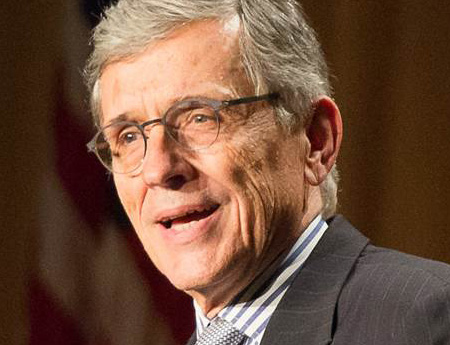Major Station Acquisitions Stuck in Limbo

The smarter way to stay on top of broadcasting and cable industry. Sign up below
You are now subscribed
Your newsletter sign-up was successful
When Nexstar announced its $270 million deal to acquire the Communications Corp. of America (CCA) stations just over a year ago, the group said it expected to close on the purchase early in the fourth quarter of ’13. But as we approach the midpoint of 2014’s second quarter, the 19 stations remain stuck in regulatory purgatory.
It’s not the only batch of stations long awaiting approval from a new FCC commission. Among others, Gray Television has yet to hear about its $335 million buy of Hoak and Parker Broadcasting stations, which was announced in November. And most notably, Sinclair awaits the green light on its $985 million purchase of Allbritton, announced last July—and expected to close by late 2013.
Both Sinclair and Nexstar have built empires on the backs of sales and services agreements, and FCC chairman Tom Wheeler has made it clear that he’s looking at those arrangements under a massive microscope. What’s less clear is exactly what it takes to close on a sizeable station acquisition in this unpredictable new era.
“I don’t know what the heck is going on over there,” said one prominent Washington, D.C., broadcast lawyer. “I don’t think anyone can tell you what the heck is going on over there.”
No Respect
Sources—Beltway lawyers, station group chiefs, analysts and brokers—would not speak on the record, citing future dealings with the FCC. But what emanates from their private comments is the belief that the chairman holds broadcasting in relatively low esteem, at least compared to cable and wireless, and that he wields exorbitant clout over broadcasters’ present and future.
Two sources even cited a Sinclair bias in the regulatory logjam, each mentioning the damning John Kerry specials that ran on Sinclair stations before the 2004 presidential election. The notion of Sinclair owning a TV station in Washington, the two believe, is unpalatable to key Democrats on the Hill. Others insist it’s not political. “[Wheeler] just does not want broadcasters healthy,” said one group leader. “He wants them out of the way.”
The smarter way to stay on top of broadcasting and cable industry. Sign up below
Calls to the FCC for comment were not returned.
Some Sidecars Stand
Wheeler addressed broadcasters at the NAB convention in April, saying “appropriate” joint sales agreements will stand, as long as they benefit localism, competition and diversity. In an effort to expedite the Allbritton transaction, Sinclair proposed restructuring the pact, selling a trio of stations and discontinuing a services deal with another.
Some believe it’s only a matter of time before the deal passes muster with both the FCC and the Department of Justice, while others remain skeptical. “You give ’em what they want and they want more,” said one senior broadcaster familiar with the D.C. landscape. “There’s no satisfying these guys.”
The deal for Allbritton’s contract expires in July. In its first quarter earnings, Sinclair said it expects the sale to close in Q3—perhaps after identifying buyers in its restructured arrangement.
“Our main focus now is on closing the Allbritton station acquisition,” Sinclair said in the May 7 report, “and lobbying to reform broadcast ownership regulatory inequality.”
Michael Malone is content director at B+C and Multichannel News. He joined B+C in 2005 and has covered network programming, including entertainment, news and sports on broadcast, cable and streaming; and local broadcast television, including writing the "Local News Close-Up" market profiles. He also hosted the podcasts "Busted Pilot" and "Series Business." His journalism has also appeared in The New York Times, The L.A. Times, The Boston Globe and New York magazine.

